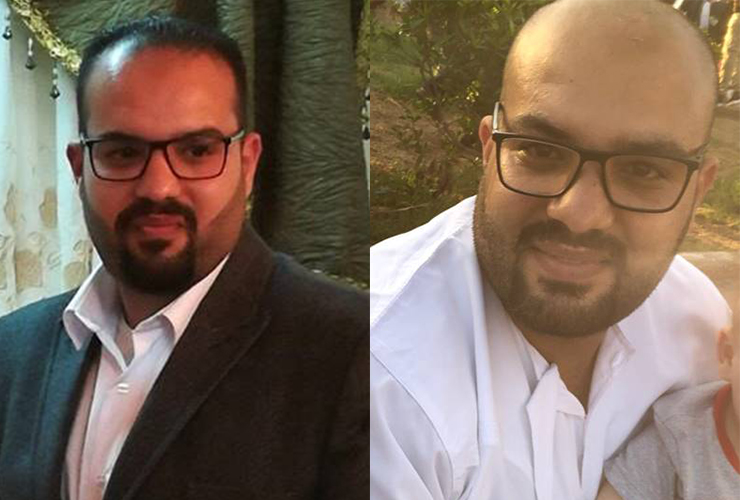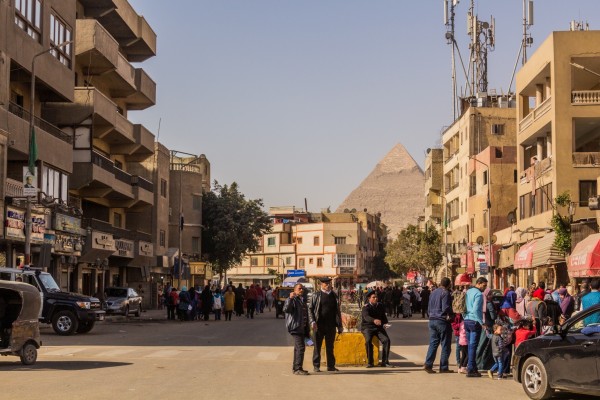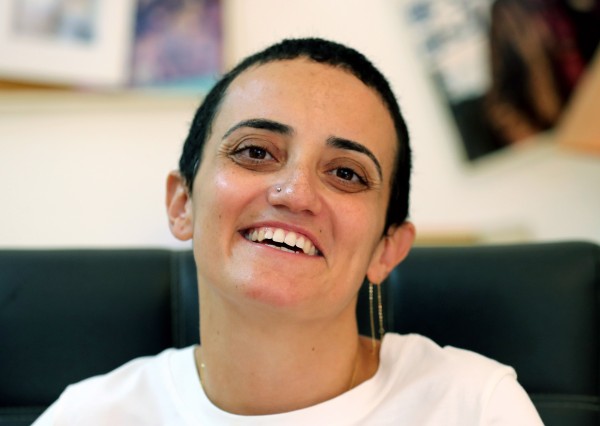The International Press Institute (IPI), a global network of editors, media executives and leading journalists for press freedom, today expressed grave concern over the disappearance in police custody of Egyptian freelance journalist Mohamed Al-Yammani, who has not been seen since his arrest in December last year.
According to Al-Yammani’s family, police raided their house in Giza on December 8 last year and detained him. They also took away four mobile phones, two computers and a camera.
Al-Yammani’s family has written to the Egyptian attorney general and the minister of internal affairs. None of their letters have been answered. “I don’t know anything about my husband [up to] now. I don’t know if he’s still alive”, Al-Yammani’s wife, Rufiada Hazem, told IPI.
Hazem said she had received a call from her husband around midnight on December 8, while she was away from home visiting relatives. “He told me that police officers were knocking on the door and he didn’t know what to do. The call ended abruptly”, Hazem told IPI.
After two hours of continues calling, a stranger believed to be a police officer picked up Al-Yammani’s phone and replied to his wife but hung up on her once she asked about his identity. When Hazem returned to Giza she was informed by the building keeper that her husband had been taken away by security forces.
“We have filed a lawsuit regarding Mr Mohamed’s case in the administrative judiciary court two weeks ago but have got no response so far”, Osama Bayomi, Al-Yammani’s lawyer, told IPI. According to Bayomi, no legal action can be taken to release Al-Yammani unless he appears in the public prosecutor’s office. Bayomi believes that Al-Yammani is being detained in a state security prison.
“State security cells are unofficial detention centers where detainees forcibly stay without any official record of their cases”, Ahmad Al-Attar, an Egyptian human rights researcher, explained in an interview. According to him, several prisoners died in these cells after being subjected to violence and abuse, similar to what happened to Italian activist Giulio Regeni, whose body was found on the Cairo-Alexandria desert road on February 3, 2016.
According to Qutb Al-Arabi, head of the Arab Media Freedom Monitor, Al-Yammani worked as a freelance journalist in different newspapers, including the daily Freedom and Justice Magazine that was banned after the military coup in July 2013. He worked anonymously for several Arabic newspapers and published articles under his pseudonym.
Al-Yammani was arrested for the first time in February 2014 on the charges of spreading false news and joining a terrorist organization. He was released in April 2016 alongside all prisoners in the same case after more than two years by Damietta criminal court pending further investigation.
Eight months later, in January 2017, Al-Yammani was detained again. His whereabouts were unknown to his family after he was forcibly disappeared in a state security prison in Sheikh Zayed city of Giza governorate. According to Hazem, her husband was exposed to mental and physical abuse and verbal threats. He was continuously electrocuted and beaten in the first week and blindfolded while incarcerated in prison.
After 40 days, he was brought to a public prosecutor’s office in Giza court to be charged with joining a banned group and spreading false information. The court ordered his imprisonment in Giza Central Prison where he was incarcerated for 30 days. In March 2017, the public prosecutor’s office released Al-Yammani after paying a fine.
“Egyptian authorities have targeted Mr Al-Yammani multiple times despite courts finding him innocent of all charges on two occasions”, IPI Director of Advocacy Ravi R. Prasad said. “The apparent forced disappearance of Mr. Al-Yammani is distrubing and fits a pattern of extrajudicial jailings in Egypt that are designed to stifle critical voices. Egypt should immediately release him.”
Egypt has waged a brutal campaign against independent media since 2014. There are currently more than 60 journalists behind bars in the country, according to IPI research.



